Culture of Uruguay, nestled between Brazil and Argentina, Uruguay is a small country with a big heart and a rich cultural heritage. From its colonial past to its modern-day traditions, Uruguay’s culture is a vibrant tapestry woven with the threads of history, diversity, and resilience. In this comprehensive exploration, we embark on a journey to uncover the essence of Uruguayan culture, delving into its unique customs, arts, cuisine, and national identity.
Historical Foundations:
Uruguay’s cultural landscape is shaped by a complex history that spans indigenous peoples, colonial rule, and struggles for independence. Before the arrival of European settlers, the region was inhabited by various indigenous groups, including the Charrúa and Guaraní peoples, whose cultural legacies endure in Uruguayan society today. The Spanish colonization in the 16th century brought profound changes to the region, as European settlers established cities, introduced Christianity, and imposed their language and customs on the indigenous population. The struggle for independence in the 19th century further shaped Uruguay’s identity, leading to the emergence of a distinct national culture characterized by a spirit of freedom, democracy, and egalitarianism.
Cultural Diversity and Ethnic Harmony:
Uruguay is often celebrated for its remarkable ethnic and cultural diversity, which is reflected in its population, language, and traditions. While the majority of Uruguayans are of European descent, the country is also home to significant Afro-Uruguayan and indigenous communities, each contributing to the nation’s cultural mosaic. Afro-Uruguayan culture, in particular, has had a profound influence on Uruguayan music, dance, and cuisine, with rhythms such as candombe and styles like murga gaining widespread popularity across the country. Despite historical inequalities and social divisions, Uruguay prides itself on its tradition of ethnic harmony, where people from different backgrounds coexist and celebrate their cultural diversity as a source of national strength and identity.
Arts and Literature:
Uruguay has a rich artistic and literary tradition that has produced some of Latin America’s most celebrated writers, poets, and artists. The country’s cultural renaissance in the early 20th century, known as the “Generation of 1900,” gave rise to a flourishing of creativity and intellectualism, with writers such as José Enrique Rodó, Juan Zorrilla de San Martín, and Delmira Agustini making significant contributions to Uruguayan literature. The visual arts also flourished during this period, with artists like Pedro Figari and Joaquín Torres-García gaining international recognition for their innovative and avant-garde works. Today, Uruguay continues to nurture a vibrant arts scene, with cultural institutions such as the National Museum of Visual Arts and the Solís Theatre serving as hubs of creativity and expression for artists and audiences alike.
Cuisine and Gastronomy:
Uruguayan cuisine is a reflection of the country’s diverse cultural heritage and agricultural abundance, with influences from Europe, Africa, and indigenous traditions. Meat, particularly beef, occupies a central place in Uruguayan cuisine, with the country’s famous asados (barbecues) being a cherished culinary tradition. Other popular dishes include chivito (a hearty sandwich), empanadas (savory pastries), and milanesa (breaded and fried meat cutlets), all of which showcase the flavors and aromas of Uruguayan home cooking. Additionally, Uruguay is renowned for its fine wines, with the country’s wine regions producing high-quality varietals that are enjoyed both domestically and abroad. Overall, Uruguayan cuisine is a celebration of local ingredients, traditional recipes, and shared meals that bring people together to savor the tastes of this culturally rich nation.
National Identity and Traditions:
Uruguayans take great pride in their national identity, which is rooted in a shared sense of history, values, and traditions. The country’s national symbols, such as the flag and the national anthem, embody the spirit of independence and unity that define Uruguayan society. National holidays and festivals, such as Independence Day and Carnival, are celebrated with great enthusiasm and pride, bringing together communities to honor their shared heritage and cultural identity. Carnival, in particular, holds a special place in the hearts of Uruguayans, with vibrant parades, music, and street performances taking place across the country during the month of February. Through these traditions and celebrations, Uruguayans reaffirm their commitment to preserving their cultural heritage and passing it on to future generations.
Social Values and Political Culture:
Uruguay is often hailed as a beacon of democracy and social progress in Latin America, with a long tradition of political stability, human rights, and social welfare. The country’s political culture is characterized by a strong commitment to democracy, pluralism, and civic engagement, with free and fair elections being a cornerstone of Uruguayan democracy. Additionally, Uruguay has a proud tradition of progressive social policies, including universal healthcare, free education, and robust social safety nets, which have helped to reduce poverty and inequality and promote social inclusion and mobility. These values of solidarity, equality, and social justice are deeply ingrained in Uruguayan society and continue to shape the country’s political and social landscape.
Challenges and Resilience:
Despite its many strengths and achievements, Uruguay faces a number of challenges that threaten to undermine its cultural heritage and social fabric. Economic inequality, urbanization, and environmental degradation pose significant obstacles to the preservation of Uruguayan culture and the well-being of its people, particularly in marginalized communities. Additionally, globalization and changing demographics present new pressures and opportunities for Uruguayan society, as the country grapples with issues such as immigration, cultural homogenization, and the impact of digital technologies on traditional ways of life. However, amidst these challenges, Uruguayans continue to demonstrate remarkable resilience, drawing on their cultural heritage, social values, and sense of community to navigate adversity and shape a better future for themselves and their country.
Conclusion:
Uruguay’s cultural richness and diversity are a testament to the resilience, creativity, and spirit of its people. From its indigenous roots to its modern-day traditions, Uruguayan culture reflects a vibrant tapestry of history, identity, and heritage that has endured for centuries. As Uruguay continues to navigate the complexities of the modern world, its cultural heritage will undoubtedly continue to evolve and adapt, shaping the country’s future while honoring its past. Through its arts, cuisine, traditions, and social values, Uruguay will continue to inspire and captivate the world, inviting others to discover the magic and beauty of this culturally rich and dynamic nation.


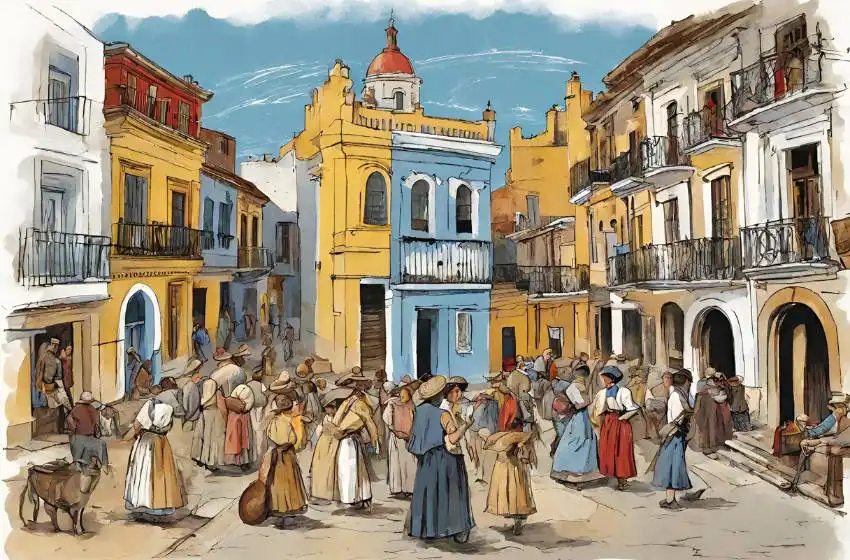




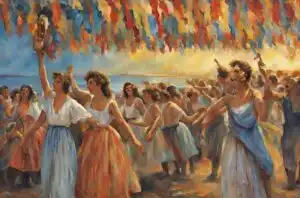









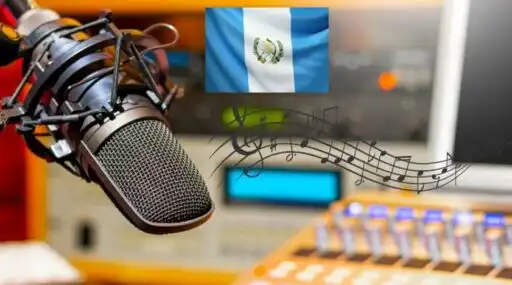

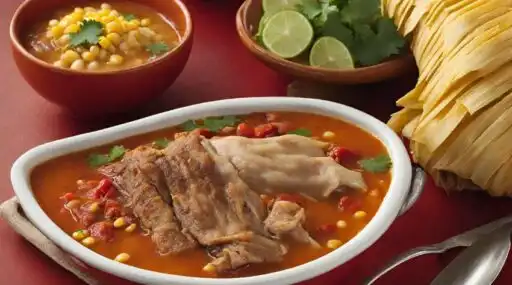
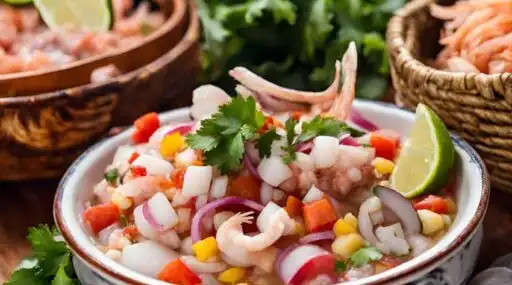


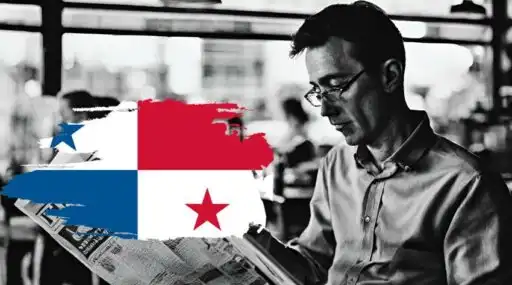
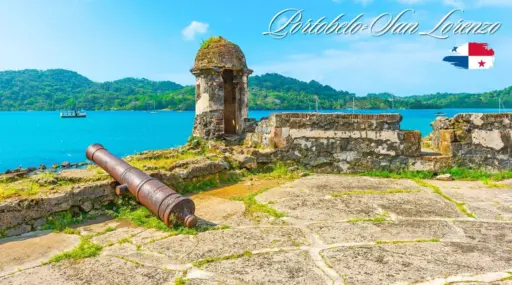
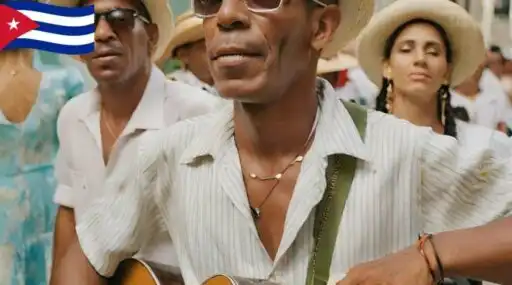
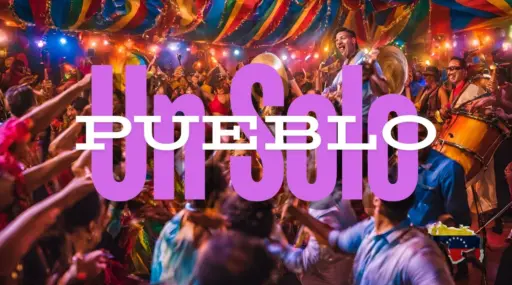
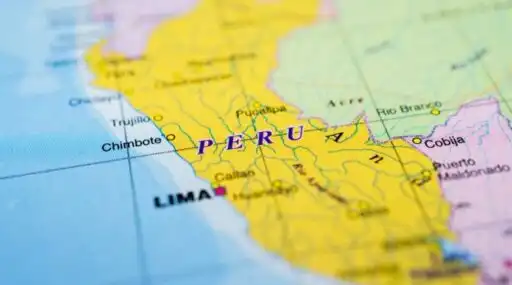


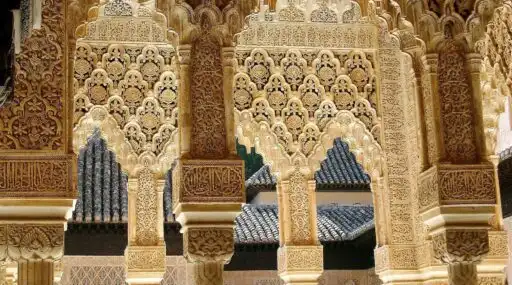




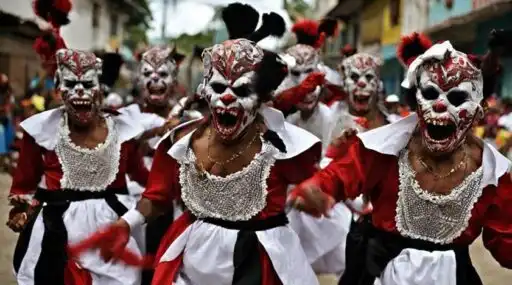

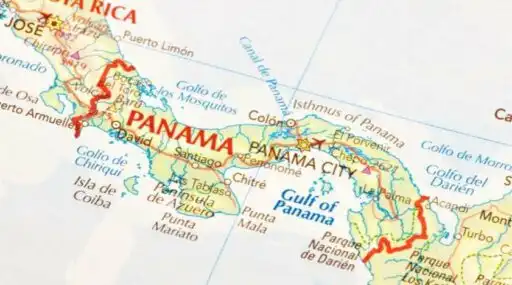
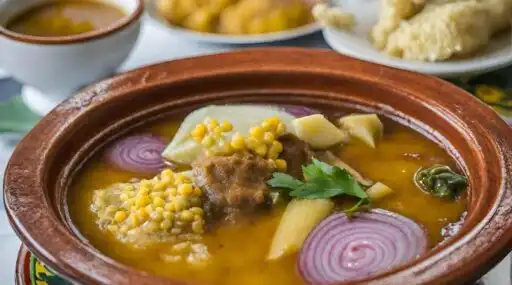


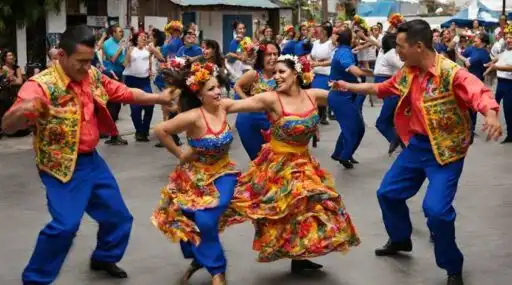


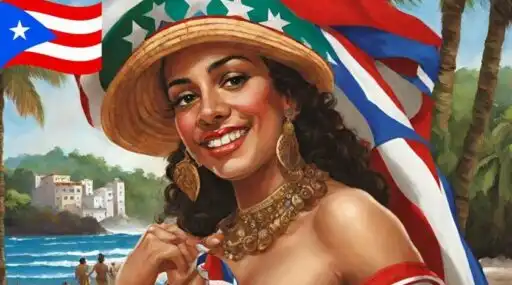

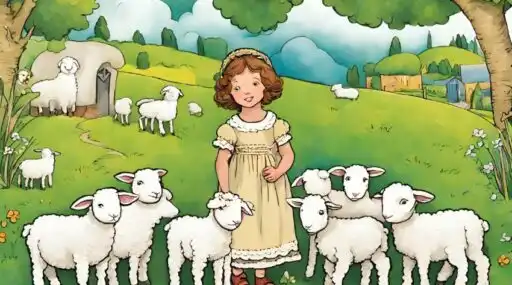
Leave a Reply